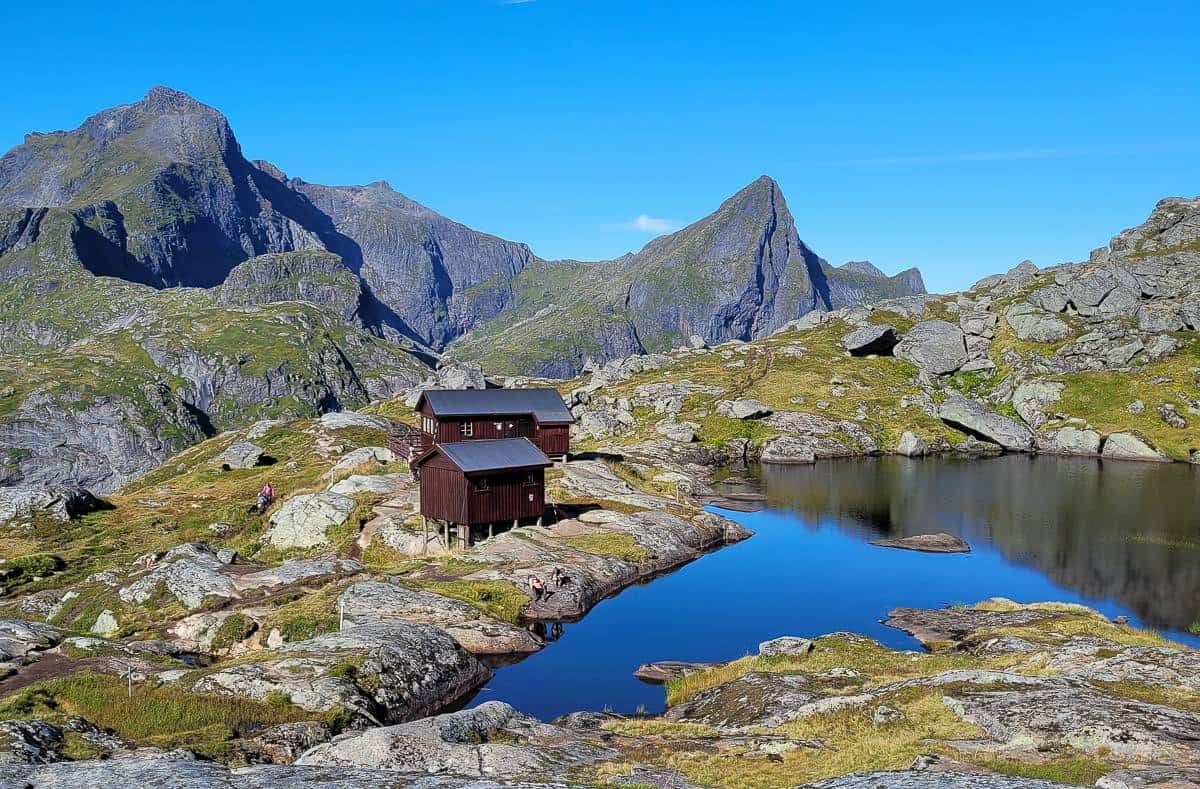What if you don’t have wisdom teeth? Wisdom teeth have long been associated with the arrival of wisdom that comes with age. However, not everyone has these teeth; their absence may leave you wondering if something is amiss with your oral health. This article will delve into the intriguing world of wisdom teeth, exploring why some individuals lack them and what it means for their overall well-being.
Why Don’t Everyone Have Wisdom Teeth?
Wisdom teeth exhibit a remarkable variability in their development. While some people experience partial eruptions, others never see these molars appear. The absence of wisdom teeth can be attributed to two primary reasons:
- Delayed Eruption: In some cases, wisdom teeth exist but remain hidden beneath the gum line, unable to emerge due to limited space. These impacted teeth can lie dormant within the jawbone for extended periods
- Genetic Evolution: Research conducted at Princeton University suggests that genetic evolution plays a significant role in the absence of wisdom teeth. Over millennia, our brain size has expanded, causing a shift in jaw structure. With larger brains and increasingly smaller jaws, there is less room for an extra set of teeth. As a result, the third molars become unnecessary for chewing, and evolution gradually sidelines them
A study from the University of Pennsylvania further supports this idea, pointing to a chromosomal mutation called MYH16 as an evolutionary trait that allowed modern humans to
accommodate larger brains while requiring fewer wisdom teeth.
While some argue that changes in diet and improved dental hygiene have diminished the necessity of wisdom teeth, a visual comparison of prehistoric and modern jaw sizes indicates a reduction in available space for these molars.
Understanding the Purpose of Wisdom Teeth
To comprehend the role of wisdom teeth, we must consider early humans’ evolutionary context and dietary practices. In ancient times, our ancestors primarily consumed raw plant material and uncooked meat, necessitating vigorous chewing. This diet resulted in significant tooth wear and early tooth loss.
The larger jaw structure of our ancestors accommodated these extra teeth comfortably.
However, as human diets evolved with cooking and food processing, tooth wear decreased, and the need for numerous molars diminished. The human jaw began to shrink, but the genetic blueprint for wisdom teeth remained intact.
Our diets are softer and more processed in the contemporary context, thanks to modern cooking and food preparation methods. Consequently, the space in our smaller jaws often proves inadequate for the proper eruption of wisdom teeth. This spatial limitation can lead to complications such as impaction, crowding of other teeth, or potential infection.
Today, wisdom teeth have become a vestige of our evolutionary past rather than a functional necessity. Many people opt for wisdom teeth removal to prevent or alleviate dental issues. While these molars once played a crucial role in our ancestors’ survival and food processing, they now often serve little practical purpose.
What If You Don’t Have Wisdom Teeth?: Should You Worry
If you find yourself without wisdom teeth, there’s no cause for concern. The absence of these molars is increasingly common and is the most prevalent dental variation. It’s common for your parents or grandparents to share this characteristic.
The lack of wisdom teeth does not hinder your ability to chew efficiently, and it can be seen as a fortunate circumstance. It means you are less likely to encounter dental problems that require further treatment. In the context of modern dietary practices and evolved jaw structures, the absence of wisdom teeth is more a testament to human adaptability and evolution than a dental anomaly.
Conclusion: What If You Don’t Have Wisdom Teeth?
In human evolution, wisdom teeth have transitioned from vital tools for survival to vestigial structures in our mouths. The absence of these molars, which once symbolized the onset of wisdom, is now a common occurrence and rarely a cause for concern. Understanding the evolutionary forces at play, the shift in dietary practices, and the shrinking of our jaws helps demystify the phenomenon of missing wisdom teeth. So, if you don’t have wisdom teeth, rest assured that it’s a testament to the adaptability of the human species rather than a dental anomaly.

















.png)


Discussion about this post